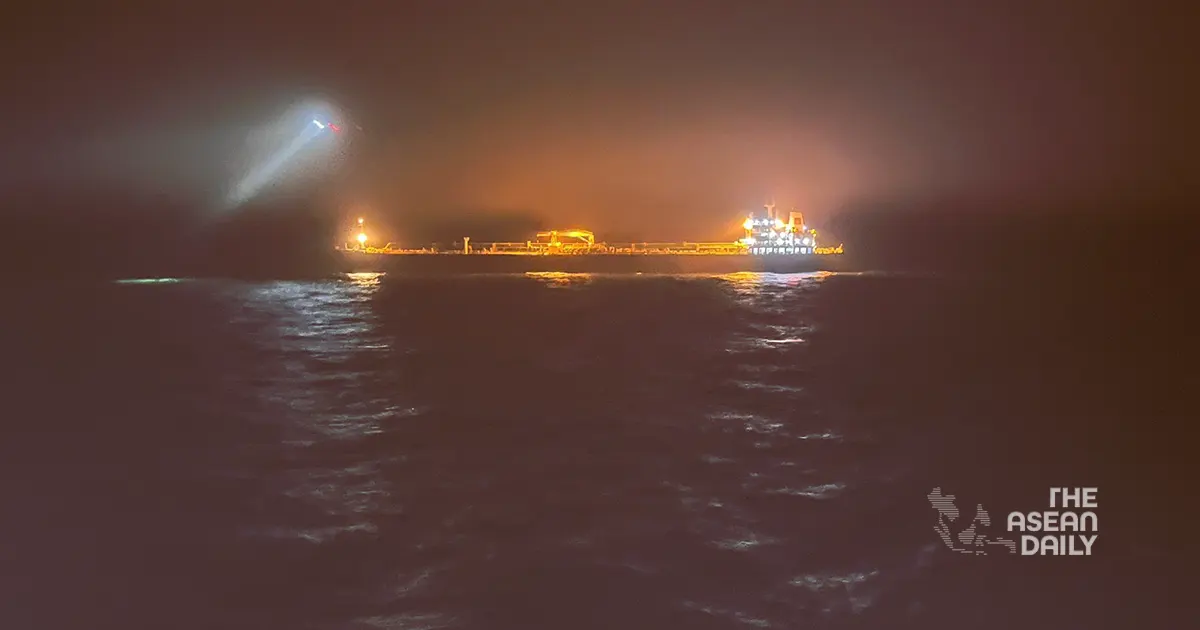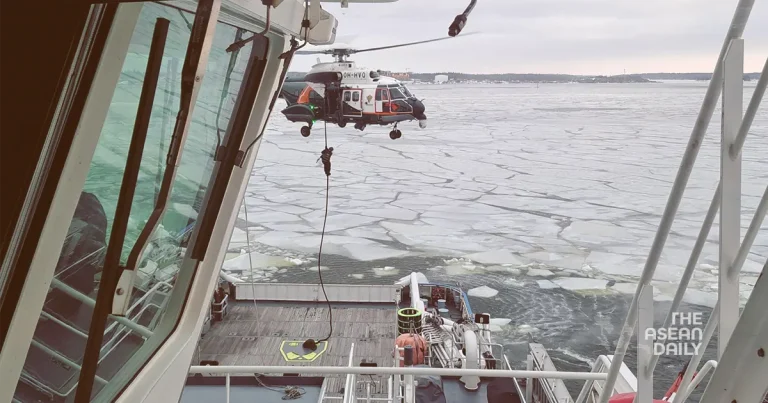27-12-2024 (HELSINKI) Finnish authorities have detained a vessel carrying Russian oil after it allegedly damaged critical undersea infrastructure in the Baltic Sea, marking a significant escalation in regional maritime security concerns.
The Cook Islands-registered vessel Eagle S was intercepted by Finnish Coast Guard personnel on Thursday following suspected involvement in damaging multiple undersea cables linking Finland with Estonia and Germany. The incident resulted in a major power interconnector outage and disruption to vital communication links.
National Bureau of Investigation Director Robin Lardot described the matter as “grave sabotage”, indicating that preliminary findings suggest the vessel’s anchor caused extensive damage to the infrastructure.
The seized vessel is believed to be part of Russia’s “shadow fleet” – ageing tankers operating outside international sanctions framework. The incident has affected four crucial undersea connections, including two fibre-optic cables owned by Finnish operator Elisa, one owned by China’s Citic, and a fourth cable connecting Finland to Germany operated by Finnish group Cinia.
The damage to the 170MW Estlink 2 power interconnector is expected to require months of repairs, though Estonian Prime Minister Kristen Michal has assured that his nation’s power supply remains secure.
Maritime tracking data confirms the Eagle S crossed the damaged cable’s location precisely when the outage occurred at 10:26 GMT on Wednesday.

Estonian Foreign Minister Margus Tsahkna expressed growing concern over the frequency of such incidents, stating, “Damage to submarine infrastructure has become more systematic and must be regarded as attacks against our vital structures.”
The incident has prompted swift diplomatic responses, with NATO and the European Union pledging support for investigations. EU foreign policy chief Kaja Kallas and the European Commission issued a joint statement condemning any deliberate attacks on European infrastructure.
This event follows a series of similar incidents in Baltic waters since 2022, including damage to the Nord Stream pipelines and recent telecom cable breaches under investigation by Swedish authorities.
The vessel’s reported owners, UAE-based Caravella, have not responded to enquiries, whilst technical managers Peninsular Maritime declined to comment.
Finnish President Alexander Stubb emphasised the need to address risks posed by Russia’s shadow fleet, as twelve Western nations recently agreed to strengthen measures against such vessels to maintain sanctions effectiveness.
The incident has sparked calls from Baltic officials, including Lithuanian Foreign Minister Kestutis Budrys, for enhanced NATO and EU protection of critical undersea infrastructure in the region.




